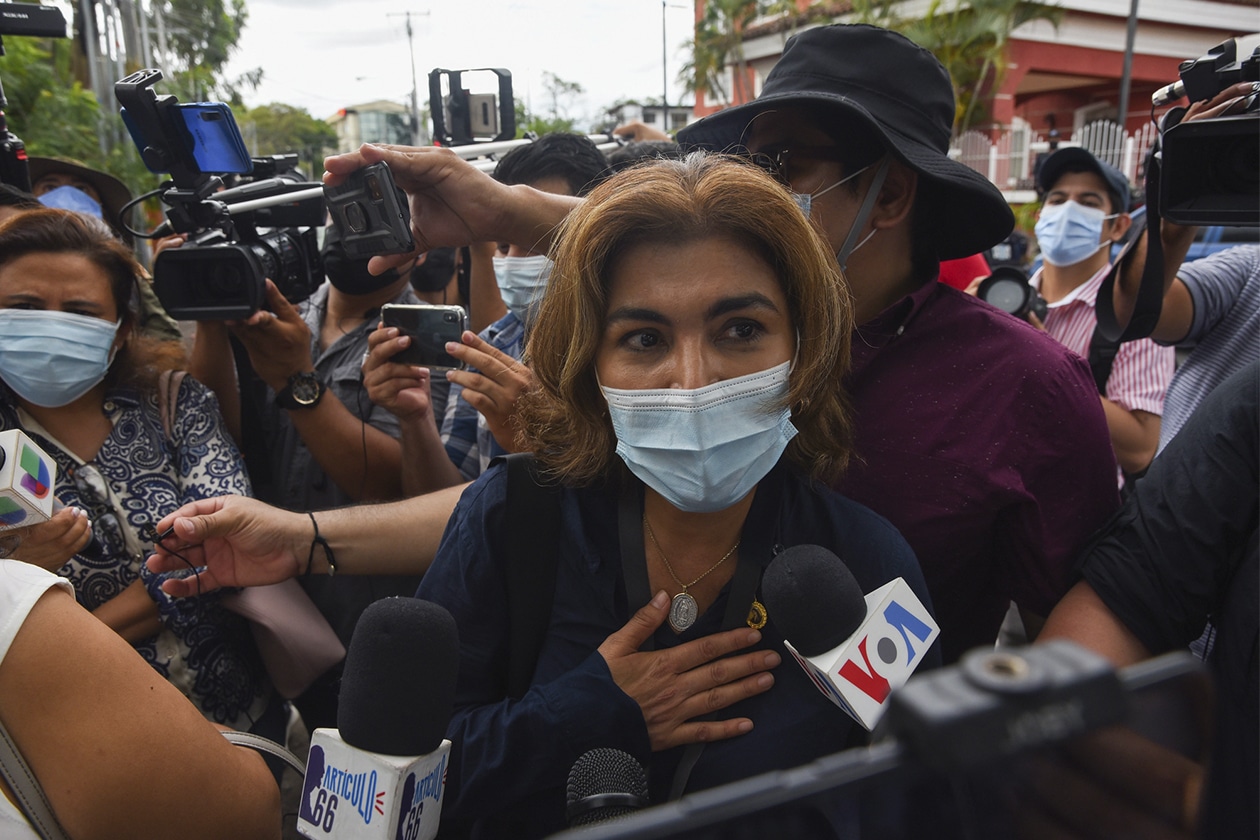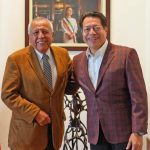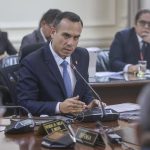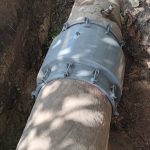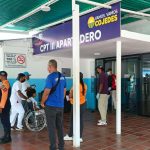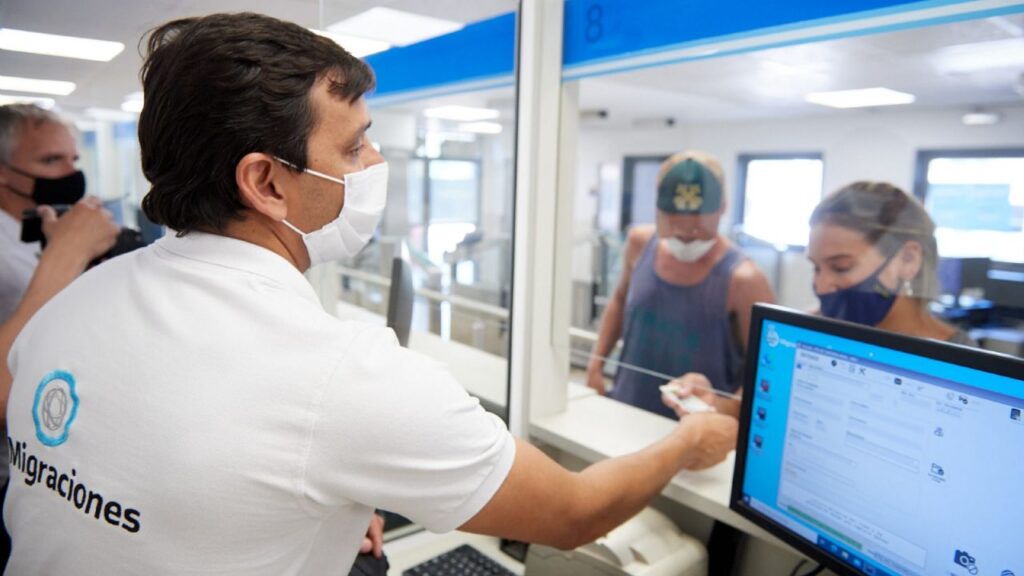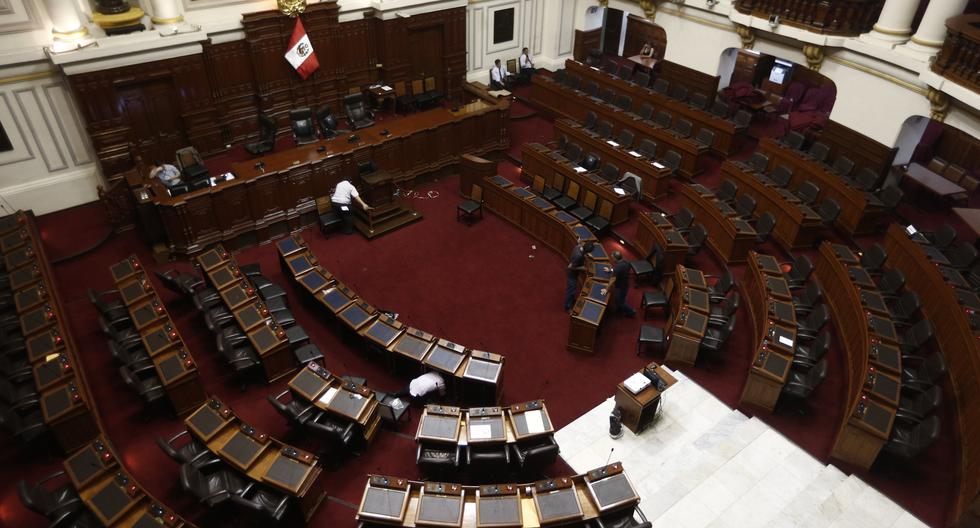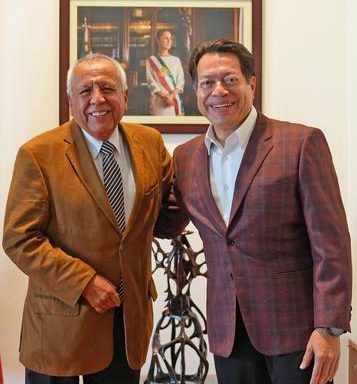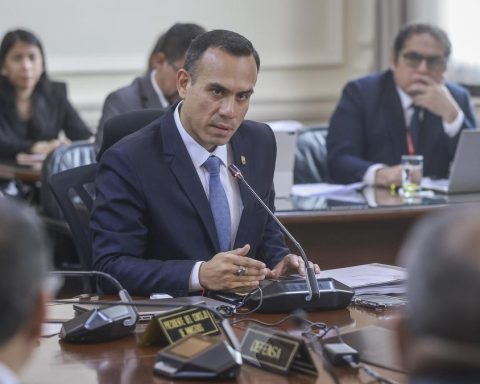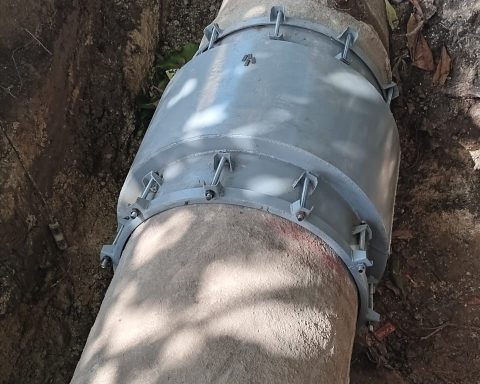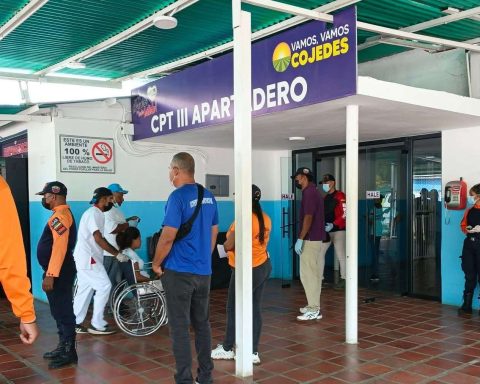The journalist María Lilly Delgado has not only been a prominent face of national journalism, but also a trainer of new generations. But in times of dictatorship she has cost her persecution. On April 4, he announced his exile in the United States. “I left the country because I want to continue doing journalism, and telling what is happening in Nicaragua,” he said during his participation in the International Symposium on Online Journalism, organized by the Knight Center for the Journalism in the Americas from the University of Texas at Austin.
In May 2021, the Prosecutor’s Office summoned Delgado to appear for an interview as a witness against the case of the Violeta Barrios de Chamorro Foundation, which would later become “investigated”, for having facilitated some workshops promoted by the defunct foundation. on journalism and ethics of the trade. “They persecute me for training journalists and for working as a journalist,” Delgado said in an interview with Tonight.
However, in the darkest moments that national journalism is going through, with the consummation of confiscations of the media, convictions against journalists, the criminalization of the profession and the persecution of freedom of expression; journalism resists from “the catacombs” of the internet “documenting the memory that the regime tries to erase,” says the journalist.
Last weekend you announced your exile in the United States. Why did you make that decision?
Because everything is a process, and because I also want to continue doing journalism, like many of my colleagues, but also like dozens of colleagues, we have been forced to leave, in my case, due to repressive measures imposed by the Prosecutor’s Office of the Ortega regime and Murillo, who practically prohibited me from reporting on the streets of Nicaragua.
In May 2021, the Prosecutor’s Office summoned you to appear as a witness against the case of the Violeta Barrios de Chamorro Foundation, but you went from being a witness to being investigated. What were the reasons?
That is a good question that the regime’s Prosecutor’s Office would have to answer. However, I think it was really because he had demanded the right he had to be in the interview with a lawyer. However, that right was denied me.
But are they persecuting you for collaborating at some point with the Violeta Barrios de Chamorro Foundation or for doing journalism within Nicaragua, and as a correspondent for international media?
Well, that is another question that I also think is for the regime: why does it persecute journalists, either for training journalists or for working as such? What we do know is that in reality all the people who think differently, who question, who ask power, who report on the critical situation of human and political rights in the country are persecuted; all the sources that we consulted, the experts, such as Francisco Aguirre, Mauricio Díaz, the political scientist (José Antonio) Peraza, among many others, are in jail for giving an opinion to the independent press, for thinking differently; and the press is persecuted, precisely for reporting on a reality that the Government tries to hide: the demand for justice by the Mothers of April, whose children were murdered four years ago.
Also read: Orieta Benavides, Cristiana Chamorro’s lawyer: “Trial was a manual of repeated violations
Ten months later, the dictatorship sentenced the directors of the Foundation and its officials to sentences ranging from eight to thirteen years in prison: Cristiana Chamorro, Pedro Joaquín Chamorro, Marcos Fletes, Walter Gómez and the driver Pedro Vásquez, all of them accused of alleged money laundering and other related crimes. What is your assessment of what happened?
As in all cases, justice, which according to international organizations is part of the repressive scheme of the Ortega-Murillo regime, is condemning innocent people, and Cristiana Chamorro, along with former employees of the Violeta Barrios de Chamorro Foundation, as well as Pedro Joaquín and Cristiana Chamorro’s driver are innocent. Lawyers have really shown over and over again that there is no such thing as money laundering. The same donors have said where the origin of the money comes from.
This criminalization against the Violeta Barrios de Chamorro Foundation, the persecution against journalism that you mention, how does it affect freedom of the press and expression in the country?
First we see that they have forced more than a hundred colleagues, including me, as I said in a presentation in Austin, to leave your country, which is one of the most difficult decisions. We journalists want to report from our country, so force journalism into exile.
Then, I understand that there are at least fourteen citizens who have been sentenced by the “Cybercrimes” law to more than eight years in prison, this is a message that intimidates the population that cannot express themselves freely, so that has forced the press independent and journalists to work clandestinely, anonymously.
I said in my presentation in a panel with journalists from Latin America, that in Nicaragua a new way of doing catacomb journalism is being presented, as some experts and other colleagues have said, the only thing is that now that catacomb journalism is being done in online (by internet) and not in churches, as was recorded during the Somoza dictatorship.
The regime also sentenced the general manager of the La Prensa newspaper, Juan Lorenzo Holmann, to new years in prison and a million-dollar fine for the crime of money laundering, and is carrying out a silent confiscation of the newspaper La Prensa; previously it had already made official the confiscation of Canal 100% Noticias and CONFIDENCIAL. What is the impact that this has on citizens?
The regime has tried to silence and repress all those critical voices, including journalists and independent media. However, it is truly admirable that all those confiscated media, including CONFIDENTIALThey have not stopped reporting. So the impact is rather on the population and on the journalists who very bravely, despite all those hard blows, such as the confiscation of your house, where you work, of your media outlet, have not stopped reporting, because eventually the physical newsrooms of the media have been confiscated, but the minds and critical thinking of journalists have not been confiscated.
Besides: No to the illegal confiscation of the newspaper La Prensa
The Spanish newspaper El País announced the winners of the prestigious Ortega y Gasset award, which was awarded to the digital medium Divergentes, in the multimedia category for their work “The challenge behind the massacre, memory, truth, justice and non-repetition.” How important is journalism about memory and justice in this context in Nicaragua?
It’s very important. We know that in the long and medium term these investigations are going to be vital to carry out transitional justice in the country. Really all this work that the independent press is doing is going to be a jurisprudence, if you can say, or a memory of what the regime really tries to erase, that there is no talk about that demand of those mothers of young people who were murdered in April. And yet, by being able to collect in special works, it is a reference to what really happened, it is a historical reference and it is vital. That memory is important to write, it is important to keep it in mind, collect it, for now and for future generations, and in the face of transitional justice.
And what role do social networks and the internet play in this context of censorship that journalism suffers in Nicaragua?
The internet is being the vital vehicle to be able to reach, not only the Nicaraguan audiences but also the audiences that are in exile, and new audiences as well. At this moment it is the new way of doing this new catacomb journalism, before it was done in the atriums of the churches, during the Somoza dictatorship, and now it is being done on the internet.
That social media it is vital. But we know that there are challenges, because through social networks, troll networks are used to attack those independent journalists, those who continue to report, and those independent media outlets. However, it is being the vehicle for people to also know what is happening in Nicaragua.
Are you going to continue doing journalism, reporting what is happening in Nicaragua?
Of course. I have always said the reasons why we go out and want to go out, which is because we want to continue doing journalism from wherever we are, and continue reporting on this critical human rights situation that will be four years old this April.
